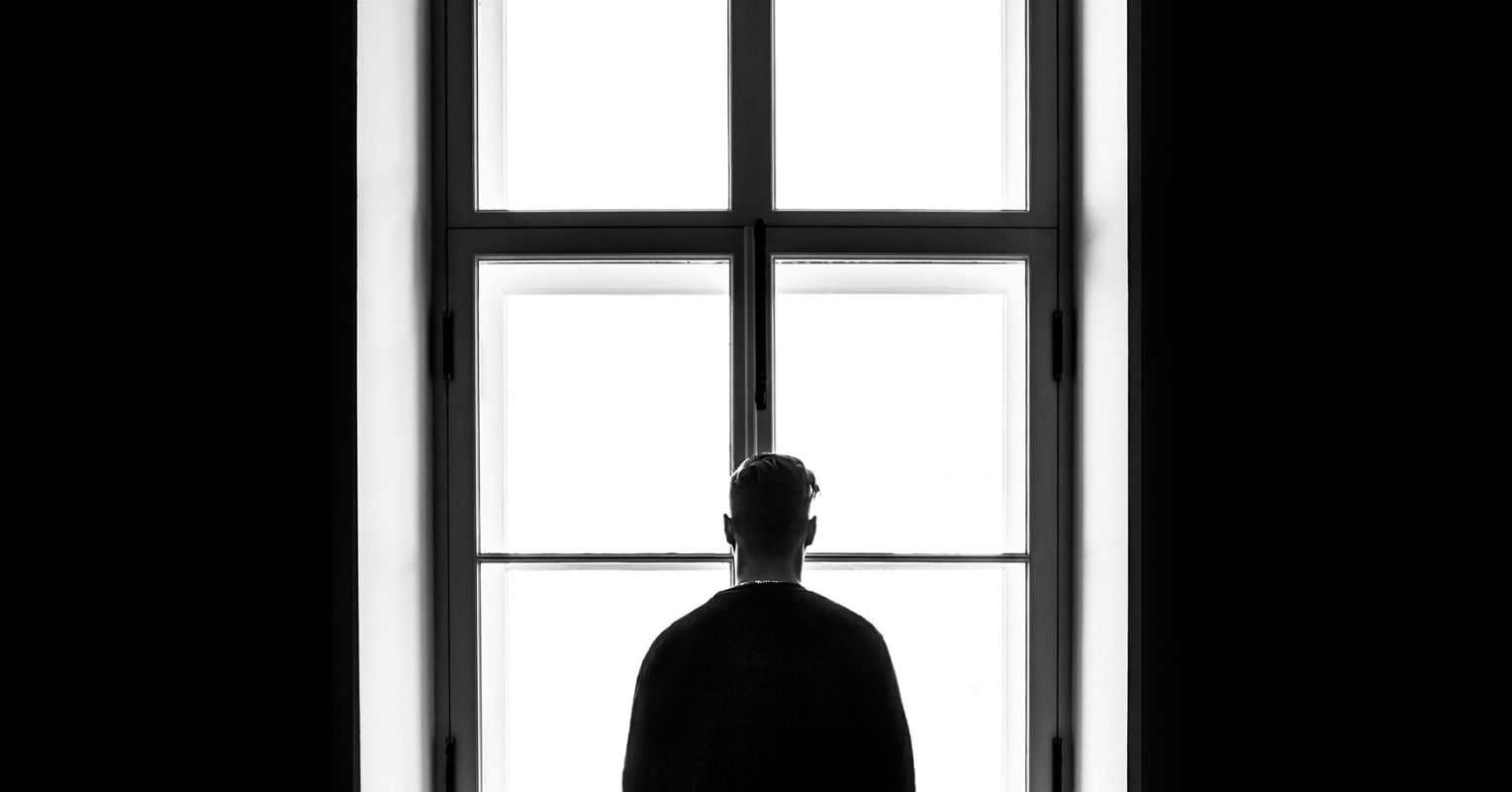
"Younger men in the U.S. are more likely to report feeling lonely than other Americans, as well as their peers in other higher-income nations (Vigers, 2025). A quarter of U.S. men aged 15 to 34 said they felt "lonely a lot of the previous day," significantly higher than the national average of 18 percent and the total for young women (18 percent). Younger U.S. men are also more likely to feel lonely than their counterparts across 38 higher-income, developed nations."
"Messaging and doomscrolling (consuming reels and posts on social media for extended periods of time) imparts the sense of being part of a certain kind of community, but it can be simultaneously isolating. Working long hours and fatigue. Many feel too tired or "too busy" to go out and be social. Declining invitations can become a habit, leading to fewer invites."
Young U.S. men aged 15 to 34 report notably higher loneliness, with a quarter saying they felt lonely a lot the previous day. Four main catalysts include reliance on technology as a substitute for in-person interaction, long work hours and fatigue that reduce socializing, limited community involvement or networks, and the rise of remote work. Loneliness correlates with increased risks of heart disease, stroke, depression, and suicidality. Practical steps to reduce loneliness include accepting invitations, attending social activities even briefly, volunteering to meet like-minded people, and intentionally rebuilding social routines.
Read at Psychology Today
Unable to calculate read time
Collection
[
|
...
]